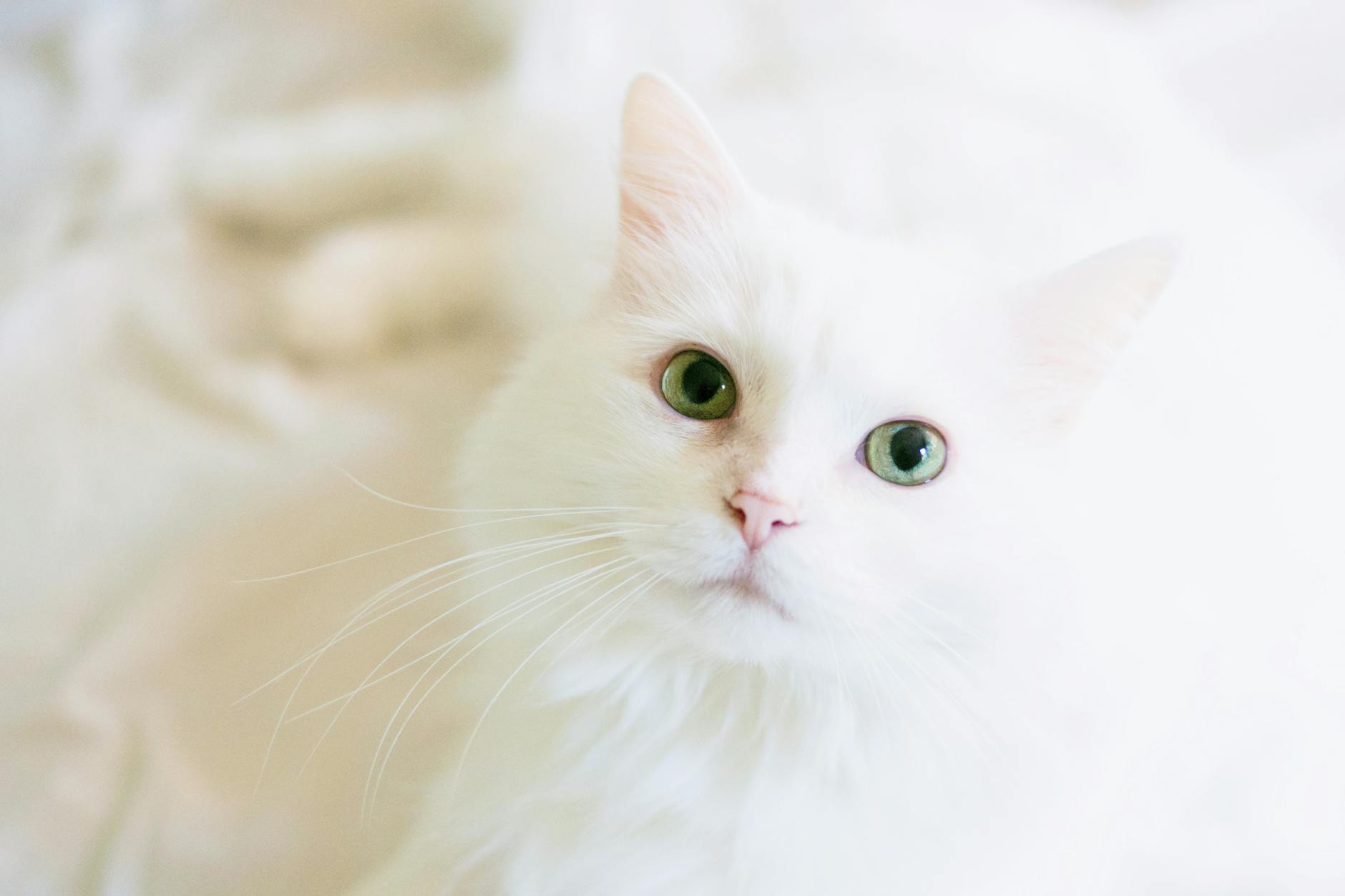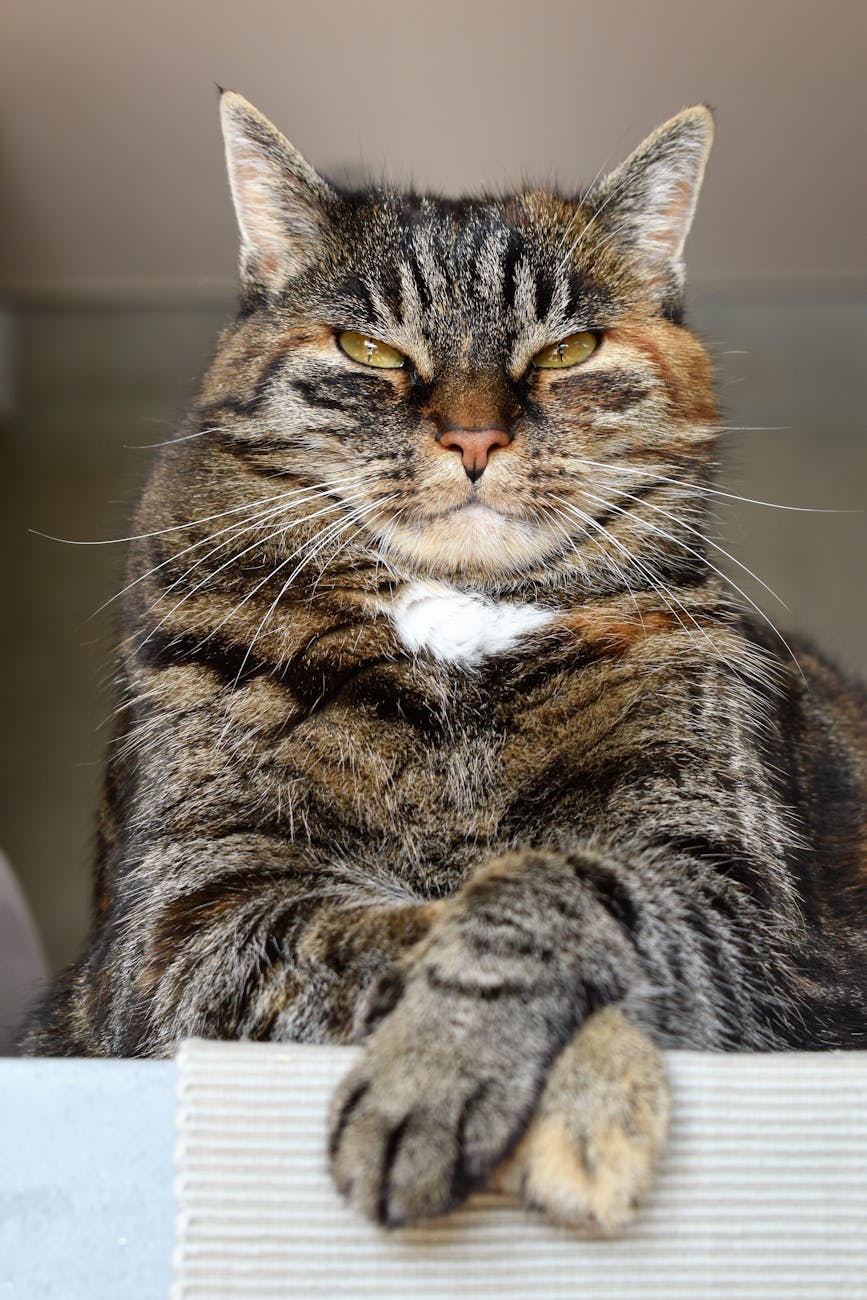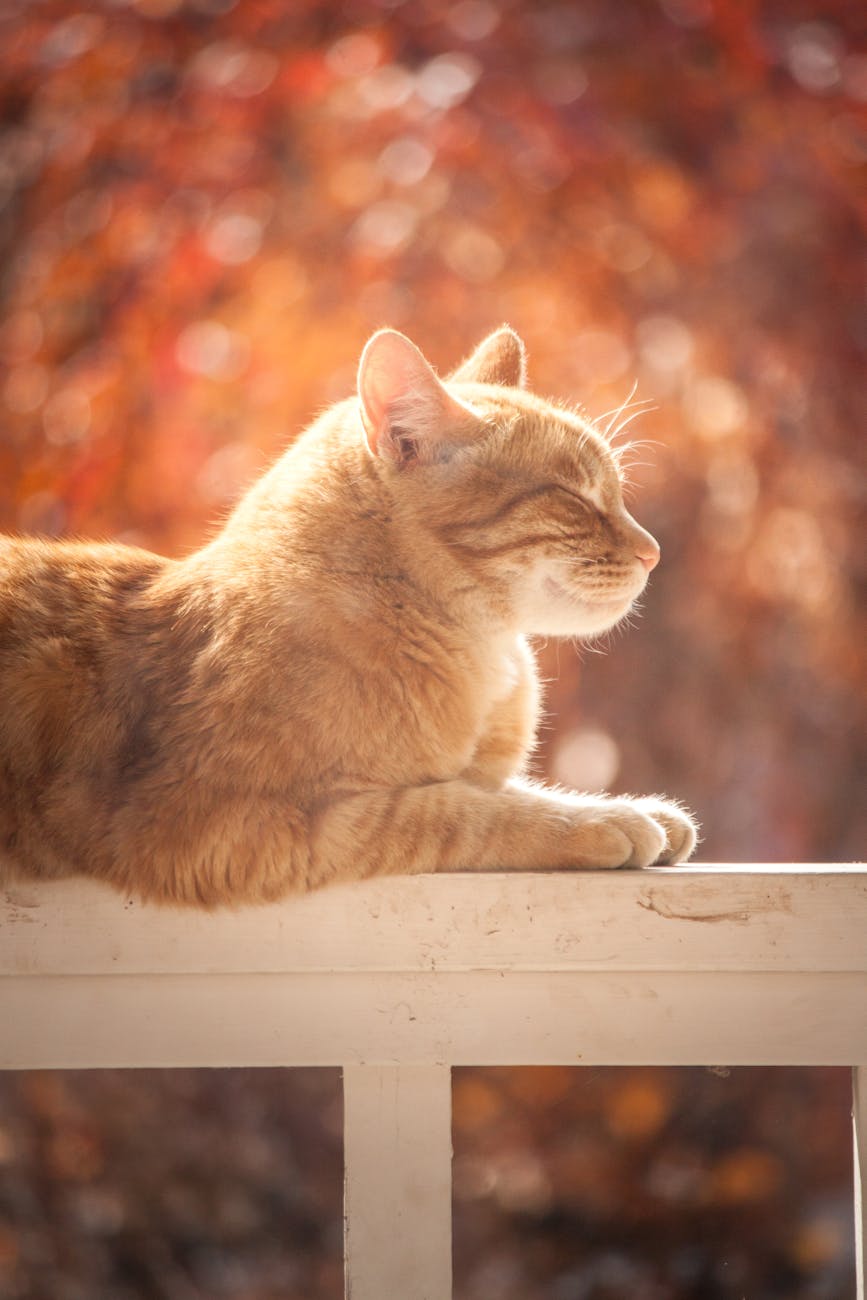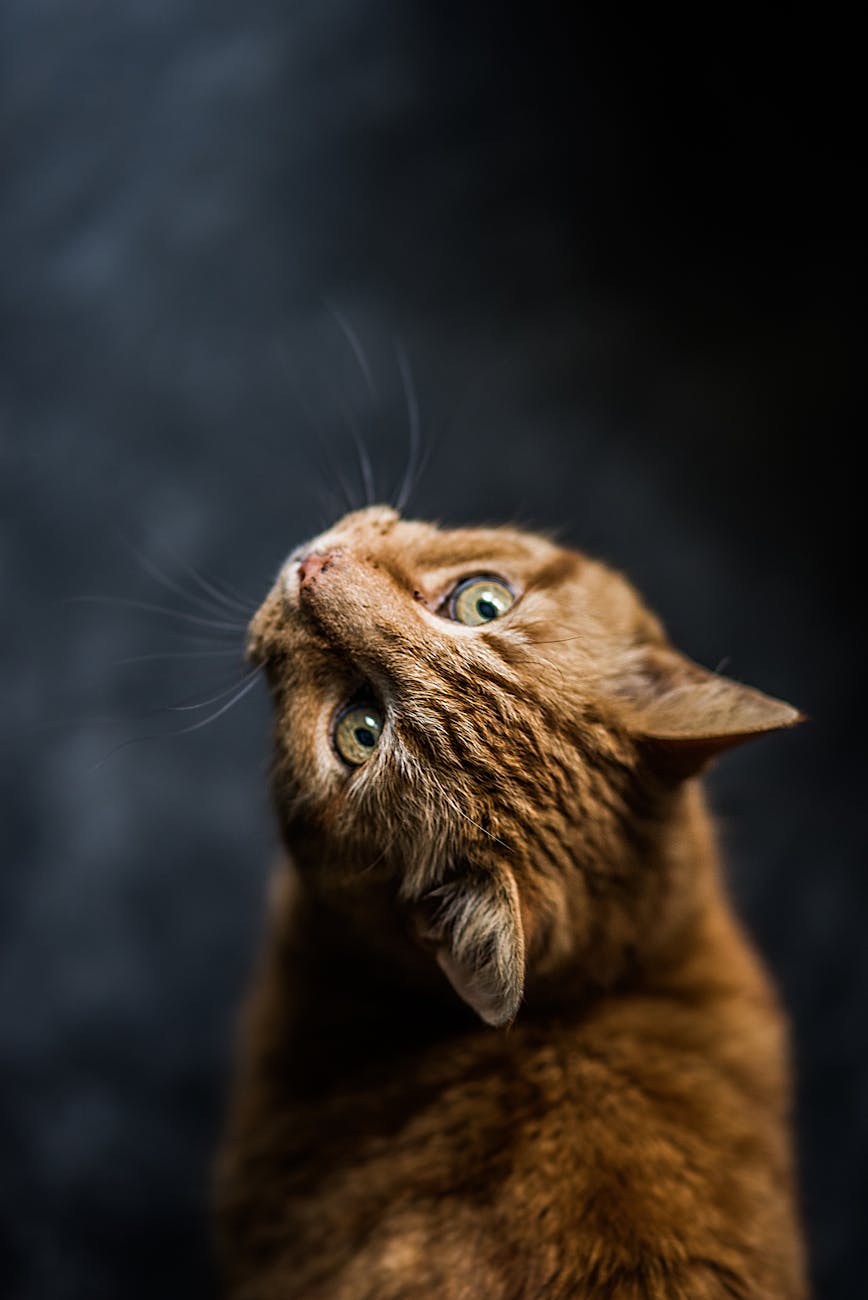Feline Leukemia Virus (FeLV) poses a significant threat to our beloved cats, making understanding the importance of the FeLV vaccine crucial for any cat owner. This vaccine protects against a virus that can lead to severe health problems, ultimately improving your pet’s quality of life. By vaccinating your cat, you not only safeguard their health but also contribute to the well-being of the feline community. In this post, we will delve deeper into how the FeLV vaccine works, its benefits, and the misconceptions that surround it, ensuring you have all the information you need to make informed decisions for your furry friend.
Understanding Feline Leukemia Virus (FeLV)
Feline Leukemia Virus (FeLV) poses a significant threat to cats, causing severe health issues. Understanding this virus is crucial for every cat owner. Here are some key points about FeLV:
- Transmission: FeLV spreads primarily through saliva, blood, and other bodily fluids. Intimate contact, such as grooming or shared food bowls, facilitates infection.
- Symptoms: Infected cats may exhibit symptoms like:
- Weight loss
- Poor coat condition
- Frequent illnesses
- Lethargy
- Impact on Immune System: FeLV weakens a cat’s immune system, making them susceptible to various infections and diseases.
FeLV Overview Table
| Feature | Details |
|---|---|
| Virus Type | Retrovirus |
| Affected Species | Domestic cats |
| Main Transmission Routes | Saliva, blood, and bodily fluids |
| Long-term Effects | Anemia, lymphoma, immune dysfunction |
In summary, understanding FeLV is vital for recognizing its potential dangers. By vaccinating your cat with the FeLV vaccine, you can significantly reduce the risk of this life-threatening virus.

How the FeLV Vaccine Works
The FeLV vaccine is a crucial tool in protecting cats from the feline leukemia virus, which can lead to severe health complications. Here’s how the vaccine functions to safeguard your feline friend:
Stimulating Immune Response: The vaccine helps the cat’s immune system recognize and respond to the FeLV. When vaccinated, the cat produces antibodies specifically designed to fight off the virus.
Types of Vaccines: There are two main types of FeLV vaccines available:
- Inactivated Vaccines: These contain killed virus particles, ensuring that while they incite an immune response, they do not cause disease.
- Recombinant Vaccines: These utilize a genetically altered virus to prompt an immune reaction without the risk of infection.
Vaccination Schedule: Initial vaccination typically occurs around 8 to 12 weeks of age, followed by a booster shot. Regular revaccination is essential for maintaining immunity.
By vaccinating your cat with the FeLV vaccine, you not only protect their health but also reduce the spread of the virus to other cats. Regular consultation with your veterinarian can help tailor the vaccination plan to your cat’s specific needs.
Benefits of Vaccinating Your Cat Against FeLV
Vaccinating your cat against Feline Leukemia Virus (FeLV) offers numerous benefits that significantly impact their health and longevity. Here are some compelling reasons to consider the FeLV vaccine:
Prevention of Disease: The primary advantage of the FeLV vaccine is its ability to prevent severe health issues related to FeLV infection, such as anemia, immune system suppression, and increased susceptibility to other diseases.
Improved Quality of Life: Vaccinated cats tend to lead healthier lives, reducing the risk of complications and allowing them to enjoy a more active lifestyle.
Cost-Effective Protection: While vaccination requires initial investment, preventing the potential costs associated with treating a FeLV-infected cat can save you money in the long run.
Community Health: By vaccinating your cat, you contribute to herd immunity. This helps protect both your pet and other cats in the community who may be vulnerable to the virus.
Peace of Mind: Knowing your cat is protected with the FeLV vaccine allows you to have peace of mind, thus enhancing your overall pet ownership experience.
Ultimately, the FeLV vaccine can play a crucial role in maintaining your cat’s health and well-being.
Risks Associated with FeLV Infection
Feline Leukemia Virus (FeLV) poses significant health risks to cats, impacting their quality of life and longevity. Understanding these risks helps underscore the importance of the FeLV vaccine. Here are the key dangers associated with FeLV infection:
- Immune Suppression: FeLV weakens your cat’s immune system, making it harder to fight off infections.
- Increased Cancer Risk: Cats infected with FeLV have a higher likelihood of developing certain cancers, particularly lymphosarcoma and leukemia.
- Anemia: The virus can cause a decrease in red blood cells, leading to anemia, which results in lethargy and weakness.
- Secondary Infections: Due to compromised immunity, FeLV-positive cats are more susceptible to serious secondary infections.
Comparison of FeLV Risks:
| Risk | Description | Vaccine Preventable |
|---|---|---|
| Immune Suppression | Weakens the cat’s immune defenses | Yes |
| Increased Cancer Risk | Higher chance of various cancers | Yes |
| Anemia | Decreased red blood cells | Yes |
| Secondary Infections | More likely to contract other illnesses | Yes |
By vaccinating your cat with the FeLV vaccine, you significantly reduce these risks, ensuring a healthier life for your feline friend.

FeLV Vaccine Recommendations for Different Cat Lifestyles
Determining the need for the FeLV vaccine greatly depends on your cat’s lifestyle. Different living situations present varying levels of risk for exposure to the Feline Leukemia Virus (FeLV). Here’s a breakdown to help guide your decision:
Indoor Cats:
- Low risk of FeLV exposure.
- Vaccination may still be recommended if they interact with outdoor cats.
Outdoor Cats:
- High risk due to exposure to other wildlife and stray cats.
- Strongly recommended to get the FeLV vaccine as part of their routine vaccinations.
Multi-Cat Households:
- Increased likelihood of virus transmission.
- Vaccination of all cats in the home is advisable to protect vulnerable members.
Kittens:
- Should receive the FeLV vaccine after they’re 8 weeks old.
- Early vaccination helps establish immunity before exposure risks increase.
Pregnant Cats:
- Consult your veterinarian to discuss the best timing and necessity for the FeLV vaccine.
In summary, the FeLV vaccine plays a crucial role in safeguarding cats from potential infections based on their lifestyle. Always consult with your veterinarian for personalized recommendations.
Common Misconceptions About the FeLV Vaccine
Despite its importance, several misconceptions surround the FeLV vaccine that can mislead cat owners. Let’s address some of these myths to promote a better understanding:
Myth 1: The FeLV Vaccine is Unnecessary for Indoor Cats
Fact: Even indoor cats can be at risk, especially if they come in contact with other animals.Myth 2: The Vaccine Causes Feline Leukemia
Fact: The FeLV vaccine cannot cause the disease. It helps prevent infection by stimulating the cat’s immune system.Myth 3: All Cats Must Be Vaccinated at the Same Age
Fact: Vaccination schedules vary based on individual health and lifestyle. Consult your vet for personalized advice.Myth 4: The Vaccine is 100% Effective
Fact: While the FeLV vaccine significantly reduces the risk, no vaccine offers total immunity. Regular testing and preventive measures are still essential.
By debunking these misconceptions, you can make more informed decisions about your cat’s health and the role of the FeLV vaccine in disease prevention.
Signs of FeLV in Cats
Detecting the signs of Feline Leukemia Virus (FeLV) early is crucial for your cat’s health. While some cats may show no symptoms for years, others may present various signs that require immediate attention. Here are some common symptoms to look for:
- Lethargy: Noticeable fatigue or decreased activity levels.
- Weight loss: Unexplained loss of weight, even with a normal appetite.
- Poor coat condition: Dull, unkempt fur that lacks shine.
- Frequent infections: Increased susceptibility to respiratory, dental, or skin infections.
- Fever: Persistent elevated body temperature due to infection.
- Gastrointestinal issues: Vomiting or diarrhea that appears sporadically.
It’s important to remember that these symptoms can reflect numerous health issues. Therefore, if you notice any of these signs in your cat, it’s advisable to consult your veterinarian.
Additionally, the FeLV vaccine plays an essential role in prevention. Regular vaccinations can help protect your cat against developing the virus and manage overall health. Early detection combined with vaccination can make all the difference in your feline’s life.

Consulting Your Veterinarian About the FeLV Vaccine
When it comes to your cat’s health, consulting your veterinarian about the FeLV vaccine is essential. Your vet can provide personalized recommendations based on your cat’s lifestyle and health history. Here are some key points to consider during your consultation:
Health Assessment: Your veterinarian will evaluate your cat’s overall health, which can influence the timing and need for the FeLV vaccine.
Lifestyle Considerations: Discussing your cat’s environment—whether they roam outside, interact with other cats, or live strictly indoors—helps determine the appropriate vaccination strategy.
Vaccination Schedule: Your vet will explain the vaccination schedule, including initial doses and any boosters needed for the FeLV vaccine.
Potential Side Effects: Your veterinarian can inform you about possible side effects, allowing you to make an informed decision.
Ongoing Monitoring: After vaccination, regular check-ups help monitor your cat’s health and ensure continued protection against FeLV.
In conclusion, maintaining an open dialogue with your veterinarian about the FeLV vaccine plays a crucial role in safeguarding your cat’s wellbeing.
Frequently Asked Questions
What is the FeLV vaccine and how does it work?
The FeLV vaccine is designed to protect cats from Feline Leukemia Virus (FeLV), which can lead to serious health issues including immune system suppression and cancer. The vaccine contains inactivated or live modified viruses that stimulate the cat’s immune system to produce antibodies. These antibodies help the cat’s body recognize and fight off FeLV, reducing the chances of illness and enhancing their overall health. Regular vaccinations are key to maintaining immunity.
Who should get the FeLV vaccine?
The FeLV vaccine is recommended for all kittens, as they are more susceptible to the virus and may not have developed an adequate immune response. Adult cats that are at risk, such as those that go outdoors, live with other cats, or have unknown vaccination histories, should also receive this vaccine. Consulting with a veterinarian will help determine the best vaccination schedule and whether your cat specifically needs this vaccine based on its lifestyle.
What are the potential side effects of the FeLV vaccine?
While the FeLV vaccine is generally safe, some cats may experience mild side effects. These can include soreness at the injection site, mild fever, or lethargy that usually resolves within a couple of days. In rare instances, more serious allergic reactions may occur. It’s essential to monitor your cat after vaccination and consult your veterinarian if you notice any unusual behavior or prolonged side effects.
How often should the FeLV vaccine be administered?
The frequency of the FeLV vaccine depends on several factors, including your cat’s age, lifestyle, and risk of exposure to the virus. Kittens should receive their initial vaccinations at about 8 weeks of age, followed by booster shots typically at 12 and 16 weeks. After the initial series, most adult cats will need a booster every 1-3 years, depending on their risk factors. Your veterinarian can provide tailored recommendations based on your cat’s specific situation.



